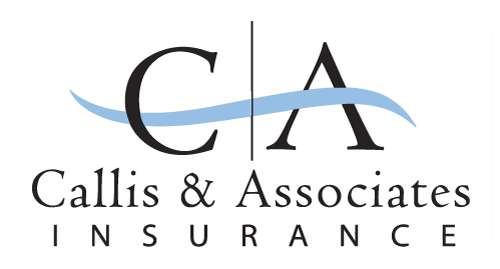
The work that nonprofit organizations do exposes them to many different risks, and they need a variety of insurance coverages as a result. Some of these, like property insurance for any owned buildings, are obvious. Others are less evident but just as important. The following are three liability insurance coverages that every nonprofit, regardless of its situation, should have.
1. General Liability Insurance for Common Risks
General liability insurance is a foundational coverage that’s used by businesses and nonprofit organizations alike. The coverage provides basic protection, shielding organizations from three common risks:
- Injuries and property damage that third parties suffer in common accidents
- Slander and libel defamation lawsuits
- False advertising lawsuits
Few nonprofit organizations need to worry about false advertising lawsuits but it’s still an important type of coverage to be aware of in case your nonprofit does one day need it. The other two protections are important to all nonprofits.
First, the buildings that nonprofits own and equipment they use are often donated and sometimes dated. These items aren’t always as safe as newer and more well-maintained properties and equipment, which leads to an increased risk of an accident. Thus, having robust protection against common accidents is especially important.
Second, nonprofit organizations might be named in a defamation lawsuit if anyone associated with them makes unfounded and false remarks about another person or organization. This includes not only employees but also volunteers.
If any of your organization’s volunteers commit slander or libel, your organization could be sued. General liability would help the organization survive such a lawsuit.
2. Employee Practices Liability Insurance for Volunteer-Related Risks
Employee practices liability insurance guards against liability lawsuits filed by past, current, and prospective employees. In many cases, these are discrimination suits over issues such as the following:
- Women being paid less than men in equal positions
- Interviewees not being hired because of their race
- Pregnant women being denied jobs because of their pregnancies
- Disabled employees being denied promotions on account of their disability
- Older employees being fired because of their age
Other covered lawsuits include harassment and wrongful termination suits.
Nonprofits that have paid employees should carry this insurance in case any of their employees file a lawsuit like those listed. The coverage isn’t only for organizations with employees, however. Even nonprofits that only have volunteers can benefit from the coverage’s protections.
Volunteers, like employees, may file discrimination, harassment or other employment-related lawsuits. Protection for lawsuits filed by volunteers may not be standard in all policies, but employee practices liability insurance can be extended to include volunteer-brought suits.
3. Directors and Officers Insurance for Leadership-Related Risks
Directors and officers insurance is a specialized form of errors and omissions insurance, which itself protects against lawsuits related to mistakes that professionals make. Directors and officers insurance specifically protects against mistakes that organizational leaders make in their leadership. Depending on a policy’s exact terms and conditions, it might protect against:
- Discovered or alleged conflicts of interest
- Breaches of contract
- Failures to follow fiduciary duties
- Acts of negligence or fraud
- Errors and mistakes in judgment
In these instances, insurance policy won’t protect leaders from any criminal consequences arising from their actions. The coverage will pay legal defense fees and settlements related to civil suits brought against leaders, though.
Even though this insurance technically protects leaders rather than nonprofit organizations, nonprofits customarily pay for the coverage. Nonprofits pay because the need for coverage is a direct result of leaders working (or volunteering) for a nonprofit. If a leader didn’t assume their position within an organization, they wouldn’t be exposed to these risks and need this courage.
These are just some of the insurance coverages that nonprofits should have. For help finding nonprofit insurance that gives your organization all the protections it needs, contact Callis Insurance, now serving the entire State of Washington.


